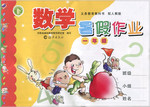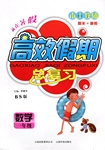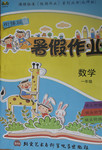题目内容
第二部分(共30分)
V.单句改错(共10题,每小题1分,满分10分)
下列各句均有一处错误,请将错误选项的字母标号写在括号内,并将改正后的正确答案填在横线上。
66. Will you join the tourist group organizing by our school? ( ) _____________
A B C D
67. I am looking forward to see all of you again in the near future. ( ) _____________
A B C D
68. The museum where we visited yesterday has a history of 200 years. ( ) _____________
A B C D
69. I just want to thank you for helping me becoming a different person. ( )_____________
A B C D
70. I won the race. I felt very proudly of myself. ( ) ____________
A B C D
71. The foreign teachers here work hard and try his best to make the activities lively and interesting. A B C D
( ) ____________
72. By the time we arrived at the station, the train has left. ( ) ____________
A B C D
73. Tom was caught by the rain on the way to work yesterday. ( )_____________
A B C D
74. I thought that was dull to watch a game in which players kicked a ball to each other.
A B C D
( ) _____________
75. They own a house in France as well a villa in Spain. ( ) _____________
A B C D
66.organizing改为organized 67.see改为seeing 68.where改为which或that 69.becoming改为become 70.proudly改为proud 71.his改为their 72.has 改为had 73.by 改为in 74.that改为it 75.as well 后加as

 暑假作业海燕出版社系列答案
暑假作业海燕出版社系列答案 本土教辅赢在暑假高效假期总复习云南科技出版社系列答案
本土教辅赢在暑假高效假期总复习云南科技出版社系列答案 暑假作业北京艺术与科学电子出版社系列答案
暑假作业北京艺术与科学电子出版社系列答案